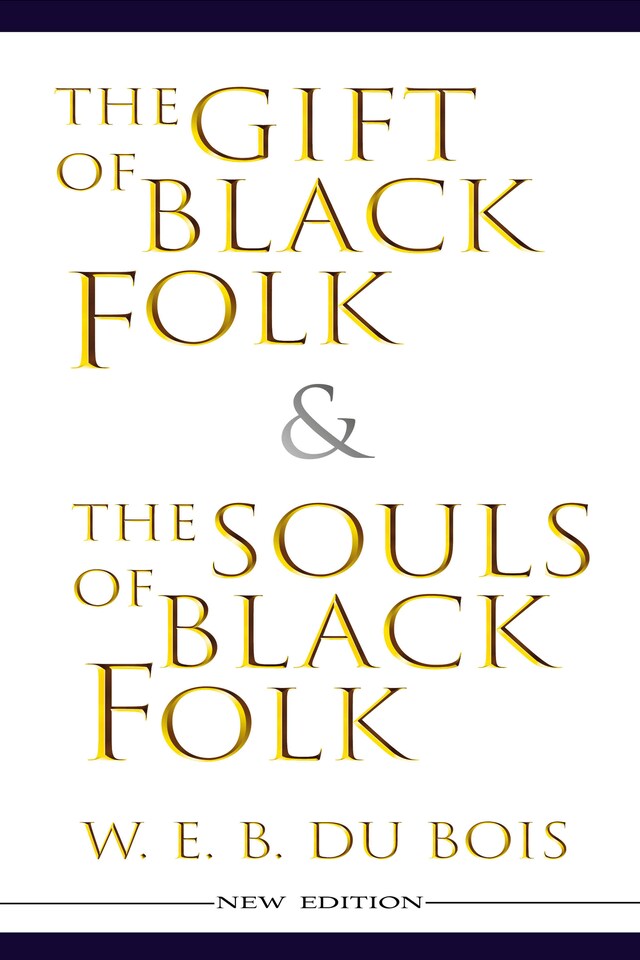
The Gift of Black Folk & The Souls of Black Folk (New Edition)
Tietoa kirjasta
William Edward Burghardt Du Bois (1868 – 1963) was an American sociologist, socialist, historian, civil rights activist, Pan-Africanist, author, writer and editor. Born in Great Barrington, Massachusetts, Du Bois grew up in a relatively tolerant and integrated community, and after completing graduate work at the University of Berlin and Harvard, where he was the first African American to earn a doctorate, he became a professor of history, sociology and economics at Atlanta University. Due to his contributions in the African-American community he was seen as a member of a Black elite that supported some aspects of eugenics for blacks. Du Bois was one of the founders of the National Association for the Advancement of Colored People (NAACP) in 1909.
"The Souls of Black Folk" is a 1903 work of American literature by W. E. B. Du Bois. It is a seminal work in the history of sociology and a cornerstone of African-American literature. The book contains several essays on race, some of which the magazine Atlantic Monthly had previously published. To develop this work, Du Bois drew from his own experiences as an African American in American society. Outside of its notable relevance in African-American history, "The Souls of Black Folk" also holds an important place in social science as one of the early works in the field of sociology. In "The Souls of Black Folk", Du Bois used the term "double consciousness", perhaps taken from Ralph Waldo Emerson ("The Transcendentalist" and "Fate"), applying it to the idea that black people must have two fields of vision at all times. They must be conscious of how they view themselves, as well as being conscious of how the world views them.
Du Bois' 1924 work The Gift of Black Folk celebrated the unique contributions of African-Americans in building the United States. An uncommon and groundbreaking book that challenged the pervasive stereotypes of African Americans and documented their rarely recognized achievements in American life.
 W. E. B. Du Bois
W. E. B. Du Bois 699 Sivua
699 Sivua